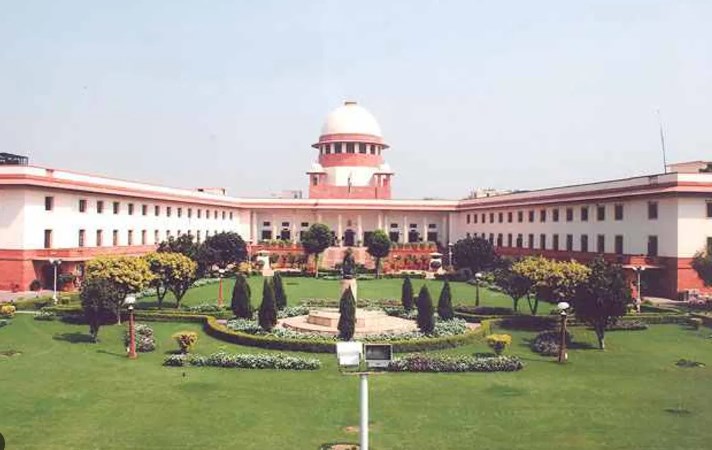The Supreme Court will pronounce on December 11, 2023, its verdict on petitions challenging the constitutional validity of changes made by the Centre in 2019 to Article 370 of the Constitution and the reorganisation of the erstwhile state of Jammu and Kashmir into two Union Territories — Jammu and Kashmir, and Ladakh.
A five-judge Constitution bench presided by Chief Justice of India D Y Chandrachud had reserved its verdict on as many as 23 petitions in the matter on September 5 after hearing it for 16 days. The bench also comprised Justices S K Kaul, Sanjeev Khanna, B R Gavai and Surya Kant.
The petitioners who commenced arguments on August 2 argued that the provision that granted special status to J&K was meant to be temporary only until the Constituent Assembly for the erstwhile state took a decision one way or the other.
They also contended that the core issue to be decided is whether Parliament could have assumed the role of the state legislature to make the amendment when there was an understanding between the Government of India and the State that there will be a Constituent Assembly whose recommendation is mandatory to touch Article 370. Given this, the Parliament cannot say by a resolution that it is the Constituent Assembly, they argued, adding that after the Constituent Assembly for J&K ceased to exist in 1957, there was no constitutional process left to touch Article 370 and changes, if any, could only have been made through a political process.
The Centre submitted that the erstwhile state of J&K had fully surrendered its sovereignty to the Union of India upon accession and the petitioners who have challenged the changes made to Article 370 “are confusing internal sovereignty with autonomy”.
Countering the argument of the petitioners on how the Parliament could assume the role of Constituent Assembly, the government said the words ‘Constituent Assembly’ in Article 370(3) can be read only as ‘Legislative Assembly’.
The Centre also told the court that the Union Territory status for Jammu and Kashmir is a temporary measure and that its statehood will be restored.
In the course of the hearing, the court wondered if the petitioners were trying to say that the changes made were beyond the amending powers of Parliament.
The bench also sought to know why the provision was placed in Part XXI of the Constitution which deals with “temporary, transitional and special provisions”.
When the petitioners referred to the Brexit referendum in the United Kingdom, the court also said that seeking public opinion in a constitutional democracy like India has to be through established institutions and there is no question of referendum under the country’s Constitution.
The court also said that transfer of sovereignty to the dominion of India by acceding states, including Jammu and Kashmir, was not conditional but absolute, as is reflected in Article 1 of the Indian Constitution.
Leave a comment
Your email address will not be published. Required fields are marked *


